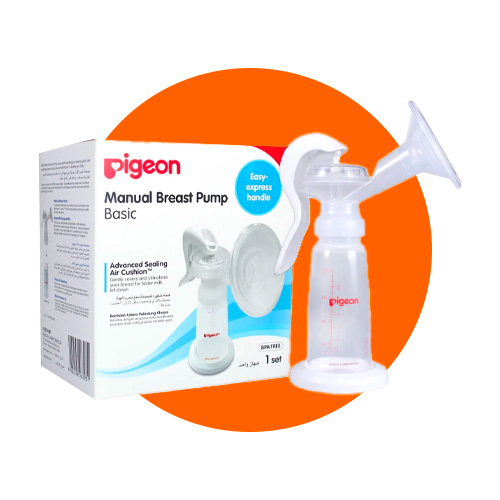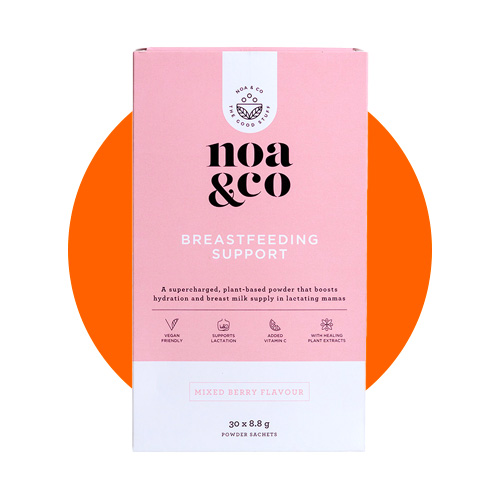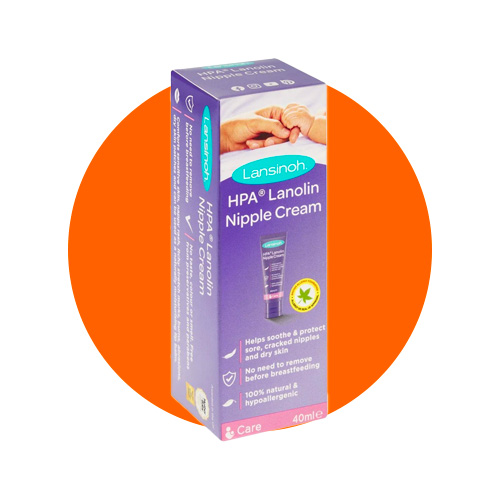Each August, the world observes Breastfeeding Month, providing an important reminder that returning to work doesn’t have to mean ending your breastfeeding journey. Across Nigeria, Ghana, and other West African nations, more mothers are balancing working life and raising healthy babies. The challenge is real: between navigating traffic to the office, staying on top of daily responsibilities, and the ever-present pressure of nurturing a new life, working mums often feel pulled in different directions. Yet, with thoughtful planning, community awareness, and support at home and work, many Nigerian mothers are proving that it is possible to sustain breastfeeding while building a career. Here, we unpack practical strategies, expert tips, and cultural insights to empower West African women on this important journey.
Insight from the field: Lizeth Kruger, a National Clinic Executive at Dis-Chem Baby City.
Returning to the workforce while continuing to breastfeed your infant is no simple task. The demands of the workplace—meetings, targets, countless emails—don’t pause for feeding time. Yet, making it work is a tangible reality for African women navigating both modern work culture and strong family traditions. Mothers must consider essential questions: When is the best time to express milk? Where in the office is privacy available? How can breastmilk be stored safely, especially in Nigeria’s hot climate without constant power? Access to supportive employers, expert community health workers, and the right breastfeeding tools can make all the difference, enabling both career and nurturing goals to thrive side by side. Here’s a detailed guide on how to succeed.
1. Plan for a Smooth Transition Back to Work
Instead of waiting until your first day back at the office to figure things out, it pays to begin preparations early. Kruger recommends that mothers should start two to three weeks in advance. This enables you to establish a pumping routine, freeze extra milk, and make sure your breast pump and storage kits function properly. “Breast is the best for baby and a little planning goes a long way,” Kruger notes.
In Nigeria and Ghana, where extended family often plays a big role, it also helps to educate grandparents and relatives about your feeding plan. That way, any caregiver understands how to handle and feed expressed milk in your absence, creating a smoother transition once work resumes.
2. Understand and Assert Your Legal Rights
Too often, mothers remain unclear about their rights regarding breastfeeding in the workplace. In places like South Africa, guidelines such as the Code of Good Practice specifically recommend that new mothers receive at least two 30-minute breaks per workday—amounting to one hour—for breastfeeding or expressing milk during the first six months after childbirth.
While Nigeria and Ghana have similar workplace protections for mothers, enforcement and awareness can vary. Many companies in Lagos, Abuja, Accra, and elsewhere are slowly introducing family-friendly policies due to advocacy from women’s groups and health campaigners. According to Abuja-based HR specialist Funke Adeyemi (interviewed in July 2023), “Several large firms now recognize the value of supporting nursing mothers, both for the health of the child and for staff morale and retention. Early communication with HR is key in negotiating your arrangement.”
3. Choose the Most Effective Breastfeeding Tools for Your Lifestyle
Having the appropriate equipment can be the difference between an easy routine and daily frustration. Depending on your preference and work schedule, you might opt for a manual pump, an electric pump, or a wearable device that offers discretion. In Nigeria’s bustling cities, portable and battery-operated pumps are especially valued, considering frequent power outages and long commutes. Pair this with insulated cooler bags, proper milk storage bags, and clean bottles to maintain milk safety from office to home. “Many retail pharmacies have trained clinic nurses who can guide you on what will suit your lifestyle best,” adds Lizeth Kruger.

Pigeon Basic Manual Breast Pump

Medela Breast Pump Electric Solo Flex

Pigeon Breast Milk Storage Bags

Noa & Co Breastfeeding Support

Made 4 Mom Disposable Breast Pads

Lansinoh Nipple Cream 40ml
4. Utilise Community Health and Clinic Support
You are not alone on this journey. In many Nigerian and Ghanaian communities, health clinics and pharmacies offer support for breastfeeding mothers—from addressing latching difficulties to dietary recommendations for improving milk supply. One crucial topic is safe storage: nurses and community health workers stress the “4:4:6” rule—fresh breast milk can stay at room temperature for four hours, in the refrigerator for four days, and up to six months in the freezer.
Additionally, local support groups—both in-person and online—are becoming safe spaces where mothers can share experiences, mentor each other, and access expert advice. Awareness campaigns by NGOs like the Nigerian Association of Women Journalists and various health ministries further amplify the importance of postnatal care and breastfeeding education.
5. Every Drop Matters: Health and Social Benefits for Mother and Child
Even if workplace circumstances are less than ideal, every drop of breast milk you can provide counts toward your child’s wellbeing. The World Health Organization highlights significant benefits: breastfed children score better on cognitive tests, are less likely to develop obesity or diabetes later in life, and have stronger immunity. For mothers, breastfeeding helps reduce the risk of certain cancers and other chronic illnesses.
In reality, not every employer has designated rooms for expressing milk. Nigerian mothers may have to get creative—using an empty meeting room, the car, or a quiet spot in the staff lounge. As Kruger advises, “Even if you can only pump once or twice during the day, every drop counts.” Each effort, no matter how small, supports both babies and mothers in ways that last a lifetime.
There’s also growing recognition of the social support needed for working mothers to breastfeed successfully. Employers, colleagues, and family members all play a part. According to a July 2023 report from the Nigerian Ministry of Health, only about 29% of Nigerian infants are exclusively breastfed for the first six months, below the WHO-recommended target. Extended family support, increased workplace knowledge, and improved facilities are crucial steps toward raising this figure.
While West African traditions strongly support breastfeeding—often for up to two years—it’s important to respect every mother’s choice and capacity. For those unable to breastfeed exclusively due to work, health, or personal reasons, a supportive community, accurate medical information, and access to alternatives are vital. Ultimately, a thriving Africa needs thriving mothers, babies, and families, equipped with the information, confidence, and respect they deserve.
Are you a working mum juggling breastfeeding and your job? What tips have worked for you, and what challenges have you faced? Let’s get the conversation going—share your experience in the comments below!
Have a story to share or want your breastfeeding advice featured? Email us at story@nowahalazone.com to get your voice heard or discuss story sales. For general support or opinions, you can also reach out to support@nowahalazone.com.
Connect and stay updated on the latest in health, lifestyle, and family matters! Follow us on Facebook, X (Twitter), and Instagram.










